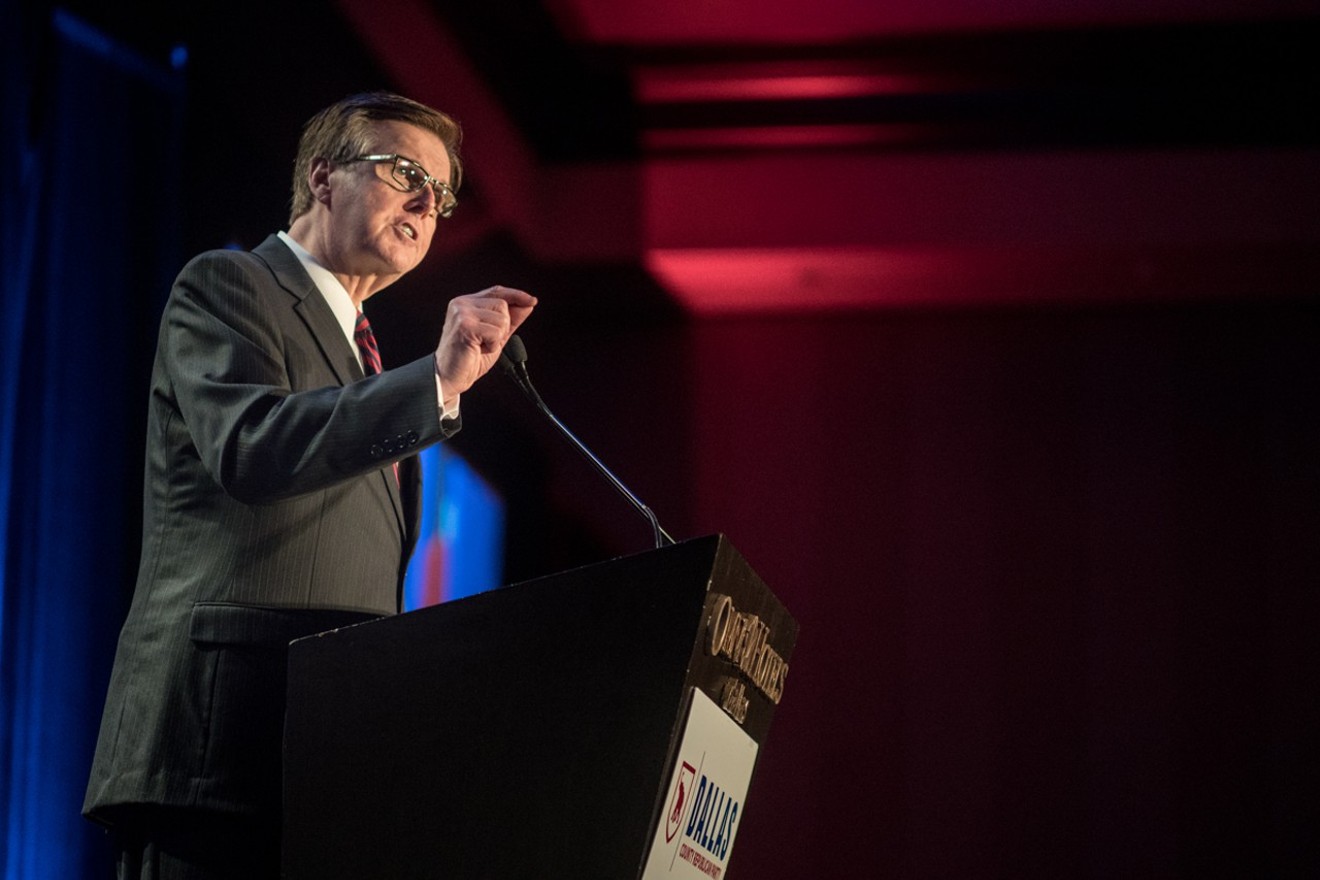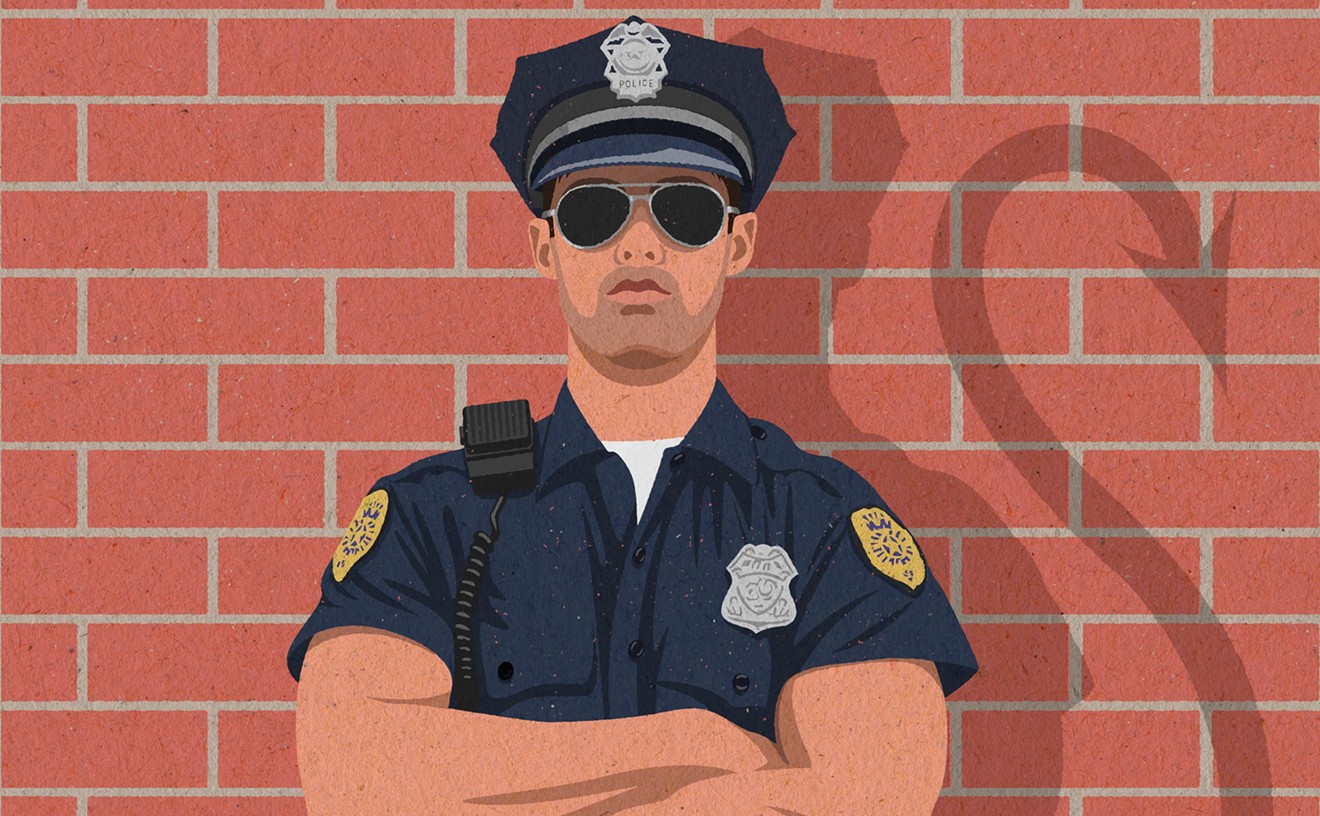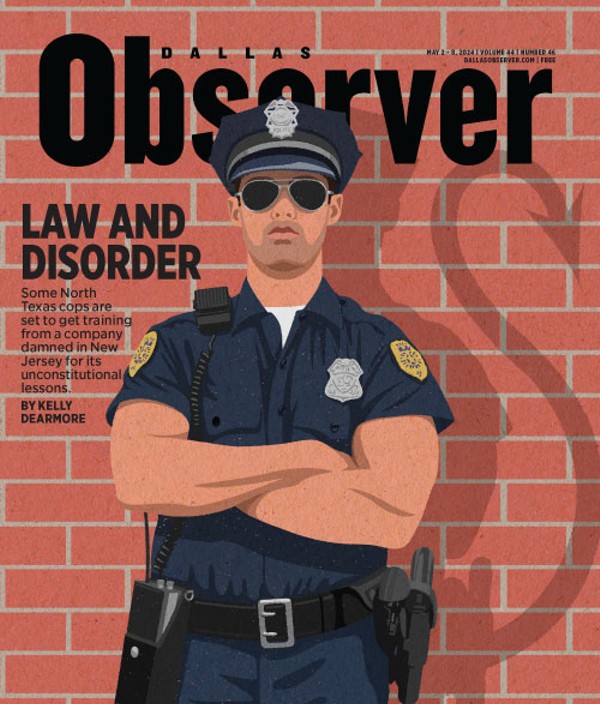Ahead of Tuesday’s primary, Patrick announced he’d aim to tinker with Texas’ tenure, an indefinite academic appointment for professors that’s only ended under extreme circumstances or for a justifiable cause. Tenure is designed to protect faculty who broach controversial subjects from getting blown away in shifting political winds.
Many fear that removing tenure could hurt academia, but experts also warn the move would upset Texas’ economy.
Patrick sparked controversy last month when he proposed nixing tenure for faculty who teach critical race theory (CRT), a high-level academic framework that investigates the ways racism is systemic. He also suggested vetoing tenure for new professors.
If Patrick’s pledge succeeds, critics say that companies could be reluctant to set up shop in the Lone Star State. Texas universities could have difficulty attracting serious talent, which in turn would ding the quality of its workforce.
The general assault on education could have lasting consequences for this state’s economy down the road, said Ben Zipperer, an economist at the Economic Policy Institute.
“If students have a better educational system, meaning that there are high-quality workers who have been hired and retained, they are going to help deliver long-run educational benefits that translate into more productive workers, better-paid workers and ultimately more demand for businesses in the local economy,” he said.
Patrick has decried CRT as “nonsense,” arguing it shouldn’t be forced on Texas students. But one professor estimates classes that cover the academic framework account for “far less than one-tenth of a percent of all courses taught.”
The lieutenant governor's announcement came shortly after the University of Texas at Austin’s faculty council passed a non-binding resolution slamming the state’s “anti-CRT” law. Confusion surrounding the legislation has led some K-12 teachers to question what they can teach about racism and historical events.
One Carroll ISD administrator last year instructed teachers with books on the Holocaust to offer students an “opposing” perspective.
Ripple effects of Texas’ CRT crackdown may soon be felt outside academia, said Hank Reichman, the former vice president of the American Association of University Professors. If the quality of faculty in vital areas such as nursing and engineering programs starts to deteriorate, then it could ultimately affect the state’s economy, he said."We all need to ... think through the long-term implications of removing these safeguards.” – Joe Cohn, FIRE's legislative and policy director
tweet this
“Austin has become one of the most booming, exciting cities in the country,” Reichman said. “Well, I do think that the presence of the University of Texas has a lot to do with that.”
Political experts are similarly sounding the alarm that Patrick’s culture war could have unintended consequences.
Late last year, Gov. Greg Abbott bragged that many companies are moving to Texas because of the state’s burgeoning skilled workforce and its business-friendly policies. “That’s not going to happen in a Texas that doesn’t have tenure,” Joshua Blank, research director of the Texas Politics Project, told the Texas Observer.
Faculty members have also begun to speak out against what they see as an attack on academic freedom. In an op-ed published by MSNBC earlier this week, a tenured law professor at the University of Texas School of Law condemned Patrick’s stance on tenure.
“Part of why I can write an op-ed criticizing the lieutenant governor of my state for not having the foggiest idea what he’s talking about is because I’m not risking my job by doing so,” he wrote. “And, for the record, Patrick has no idea what he’s talking about.”
But even though Patrick’s proposal is “deeply concerning,” it should still be easy to stop in the courts if enacted, said Joe Cohn, the legislative and policy director at the Foundation for Individual Rights in Education, a campus free speech organization. There are 65 years of case law from the country’s Supreme Court saying that government interference into what professors teach can be unconstitutional.
Still, when lawmakers look over the shoulder of academic institutions, it can have chilling effects on the content of professors’ curriculum, Cohn said.
FIRE hopes to have a “thoughtful conversation” with Patrick’s office between now and the start of the next legislative session to discuss the “big-picture principles at play here,” he continued. The culture war issues are really only ancillary: “They serve as the backdrop, for sure,” Cohn said, “but we all need to take a step back and think through the long-term implications of removing these safeguards.”












